Diary
VISIT / WATCH / LISTEN
By Jonathan Wright and Rhiannon Davies
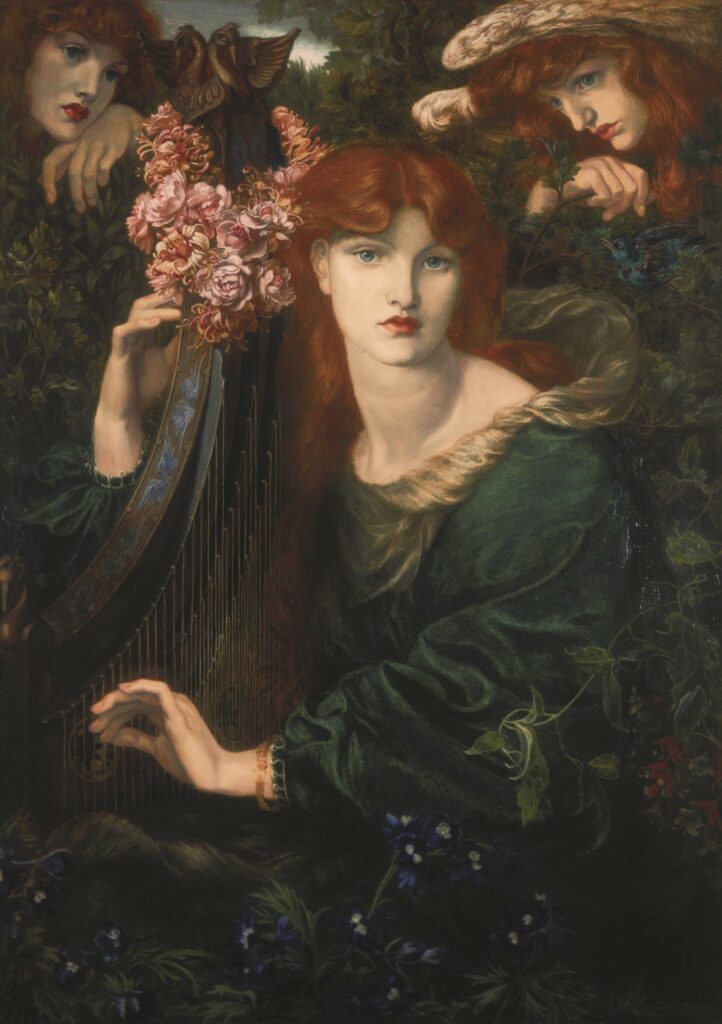
VISIT
Radical vision
The Rossetti generation – spearheaded by Dante Gabriel, his sister, Christina, and his wife, Elizabeth (neé Siddal) – defied the staid expectations of Victorian society, creating an explosion of paintings and poetry that celebrated romance and radicalism. Their Pre-Raphaelite years (from 1848) in particular were marked by revolutionary zeal – both in personal terms and in the way they railed against the art establishment.
Now, a major exhibition at Tate Britain brings together 150 examples of the Rossettis’ work, from portraits and photos to sketches and poems. As well as delving into the art, displays will also explore the lives of the artists – including Dante’s extramarital affairs with some of his muses.
The Rossettis
Tate Britain, London / 6 April–24 September / tate.org.uk
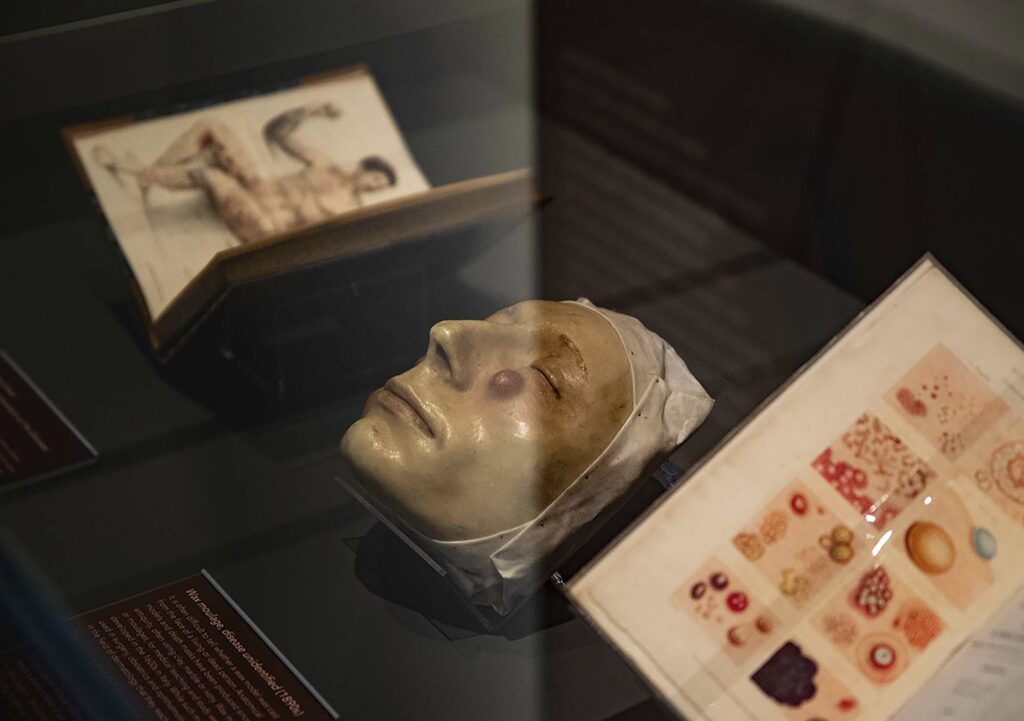
VISIT
Scars of the past
Our stories are written on our skin, from pockmarks – the ghosts of disease – to tattoos we etch onto our bodies. That’s the theme of a new exhibition at the Royal College of Physicians of Edinburgh, exploring what skin can reveal about our past.
Perhaps unsurprisingly, given the location, medical themes are prominent: the history of the diagnosis and treatment of skin diseases, in particular, is chronicled via scientific illustrations, rare books and grisly wax models. The display also considers prejudices attached to skin, examining racism in both the past and the present day.
Skin: A Layered History
The Royal College of Physicians of Edinburgh / Until 13 October / Free entry / rcpe.ac.uk
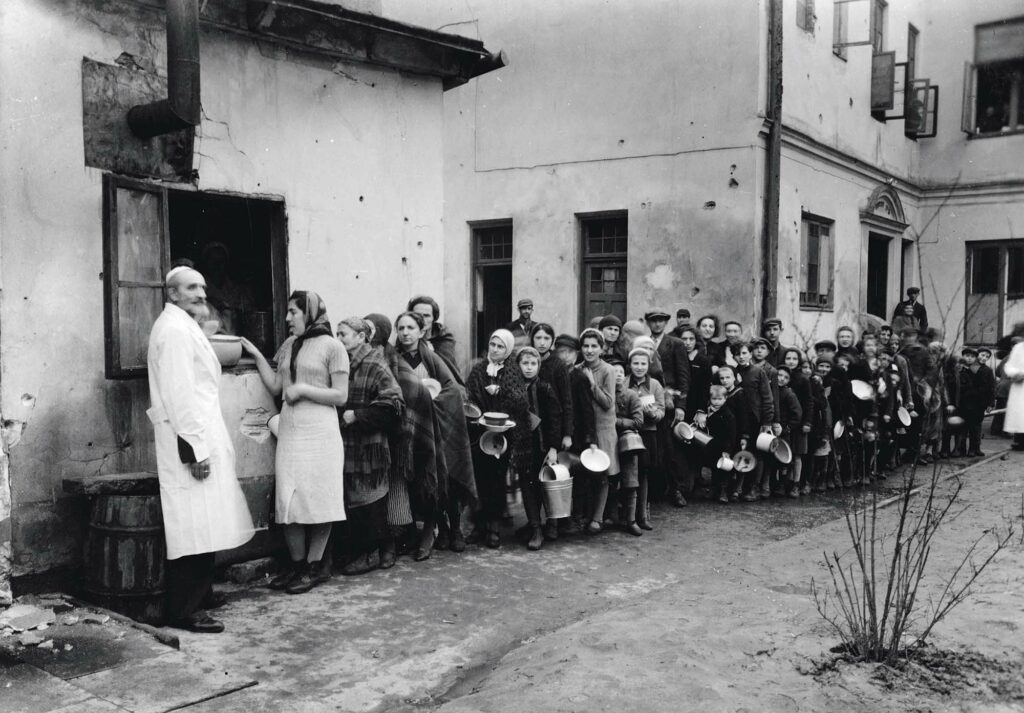
LISTEN
Buried treasure
That so much of the Oyneg Shabes archive survived the Second World War was a small miracle. Collecting accounts of life in the Warsaw Ghetto during the Nazi occupation of Poland, here was a secret first draft of history. It grew from an individual chronicle begun by historian, activist and social worker Emanuel Ringelblum, who started writing about his experiences in October 1939.
In 1942 and 1943, the archive, the work of 60 contributors, was buried in three caches. Two of these hidden deposits were subsequently recovered, in 1946 and 1950, and there remain hopes of finding the third.
Using the archive as its source material, a new 10-part series tells the story of life and death in the ghetto – essentially a vast prison where Jewish people were interned and which was eventually destroyed by the Nazis. Elliot Levey reads the words of Ringelblum. Alfred Molina is Peretz Opoczynski, journalist, poet and ghetto postman. Tracy-Ann Oberman voices Rachel Auerbach, one of just three people involved in the project who survived the war, who urged people to search for the archive.
Warsaw Ghetto: History as Survival
BBC Radio 4 / April
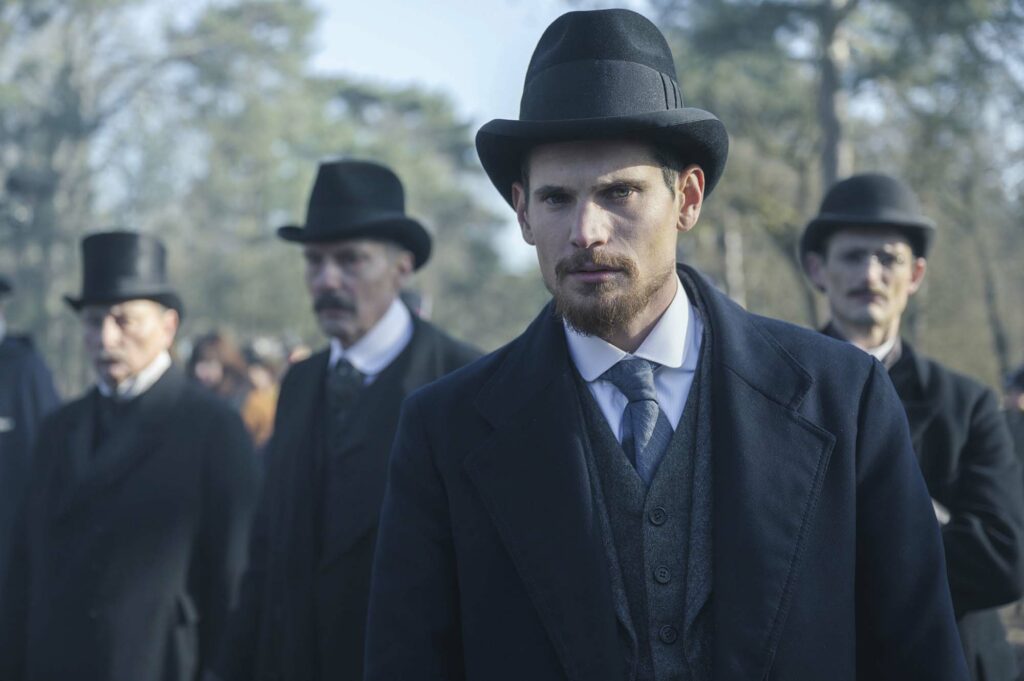
WATCH
Belle époque noir
It’s Christmas Eve 1904, and Parisian police chief Louis Lépine has ordered the vice squad to clear sex workers from the city’s streets. During the operation, a man’s body is found in the Bois de Boulogne, a public park, and Inspector Antoine Jouin (Jérémie Laheurte) is assigned to discover what happened.
What follows, as in preceding series Paris Police 1900, is a drama centred on an investigation that cuts across different levels of French society, and which sees Jouin being pressured to exercise discretion to protect the great and good from scandal. Évelyne Brochu returns as Marguerite “Meg” Steinheil, a well-connected courtesan who spies for the police.
Paris Police 1905
BBC Four & BBC iPlayer / Airing now
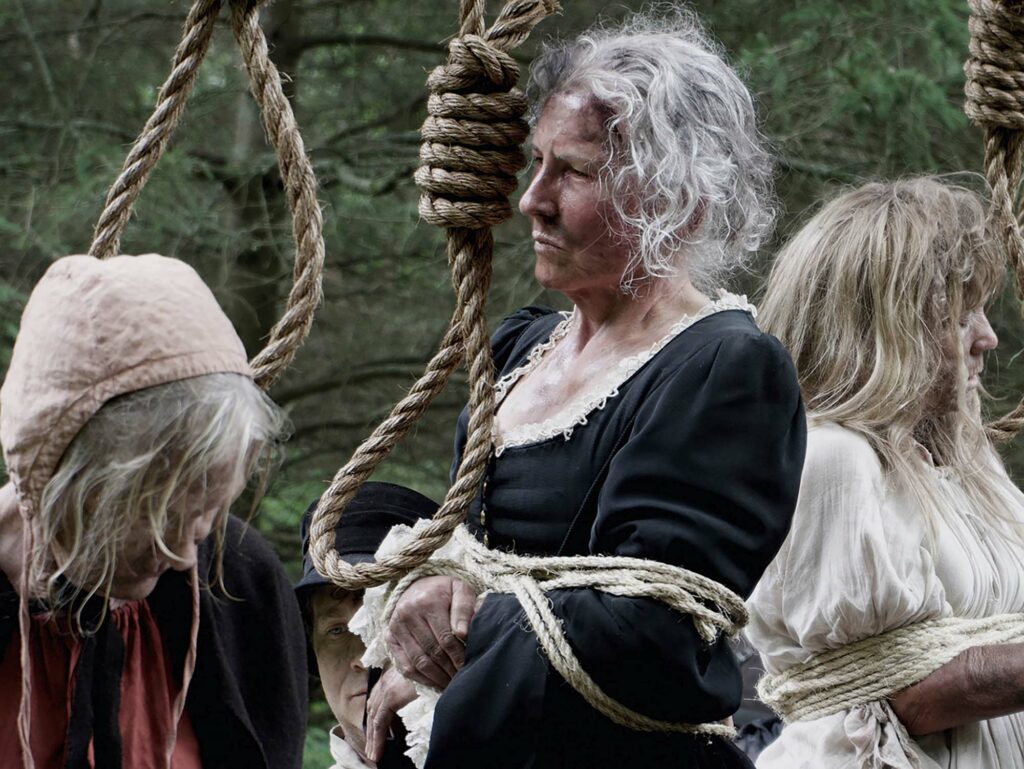
WATCH
Witch hunt
The mass hysteria that gripped colonial Massachusetts in 1692 had the most terrible consequences. By the time the prosecutions and hearings that came to be known as the Salem Witch Trials ended in May 1693, around 200 people had been accused and 19 people had been hanged. Another man, Giles Corey, lost his life after he refused to enter a plea; he was pressed, or crushed, to death. Others died in jail, awaiting their fate.
How did such a tragedy unfold? As a new four-part drama-documentary narrated by Mark Strong recounts, this was a story of a deeply religious but divided Puritan community infected with paranoia. The story began when the daughter and the niece of local minister Reverend Samuel Parris both started suffering strange fits, prompting the first accusations of witchcraft. Arrests, examinations and confessions quickly followed.
Court was convened on 2 June, and eight days later the first execution was carried out, with the hanging of Bridget Bishop. The trials continued through the summer, with young women and others with little agency disproportionately represented among the accused. The hearings may have ended partly, the series suggests, because influential people – including the wife of the local governor, William Phips – began to come under suspicion.
The Witches of Salem
Sky History / From Monday 13 March
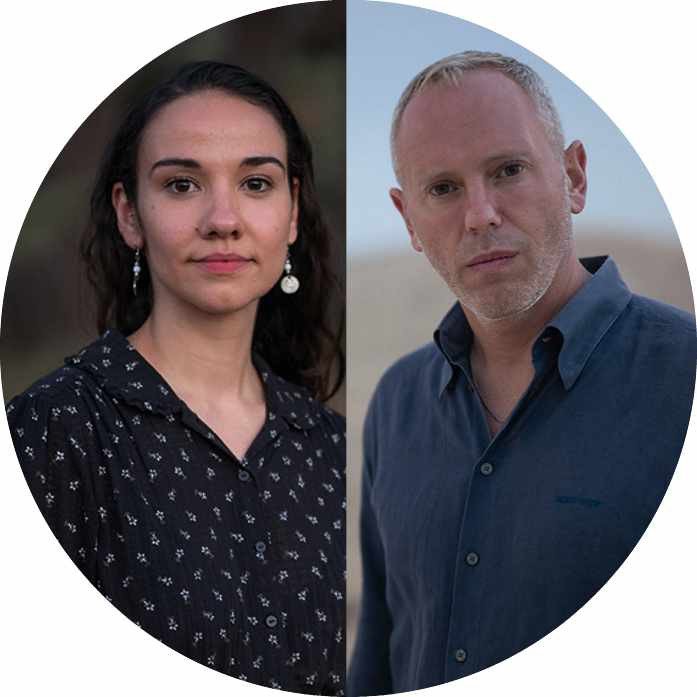
WATCH
Divided lands
The family histories of both Sarah Agha and Rob Rinder were transformed by the formation of the state of Israel in 1948. In the case of writer and actor Agha, that event saw her Palestinian family being forced to flee their village in Galilee. In contrast, one relative of barrister and TV presenter Rinder – someone who had escaped the Holocaust – saw Israel as a place to begin life afresh.
Over two episodes, each presenter undertakes a separate journey to the region to learn more about their relatives’ experiences there.
The Holy Land and Us: Our Untold Stories (working title)
BBC Two / March
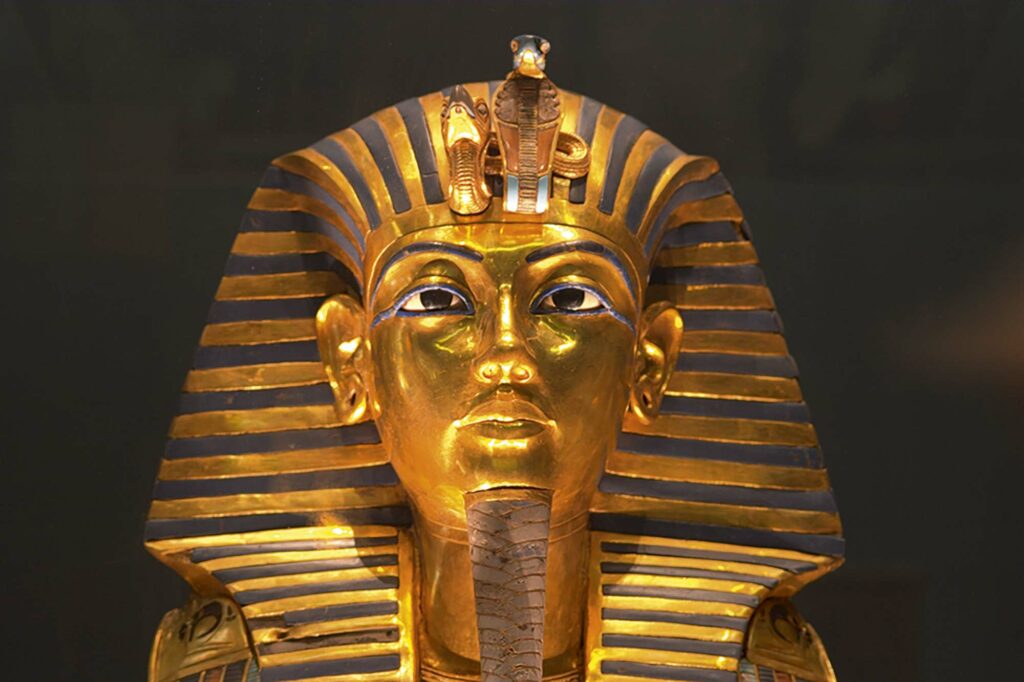
WATCH
Beyond the bling
In November 1922, Howard Carter entered the tomb of the boy king Tutankhamun. Largely intact, it contained an array of fabulous treasures including the pharaoh’s famous golden funerary mask, now held at the Egyptian Museum in Cairo.
Yet for all the splendour of his final resting place, many of us know little about the life and times of Tutankhamun. A new two-part documentary presented by Yasmin El Shazly and Mahmoud Rashad aims to put this right. The duo chart how Tutankhamun’s father started a religious and cultural revolution, and look at the circumstances surrounding the young pharaoh’s death. Using data from CT scans, the documentaries also follow the process of reconstructing the face of the long-dead ruler.
Tutankhamun: Allies and Enemies
PBS America / Thursday 30 & Friday 31 March
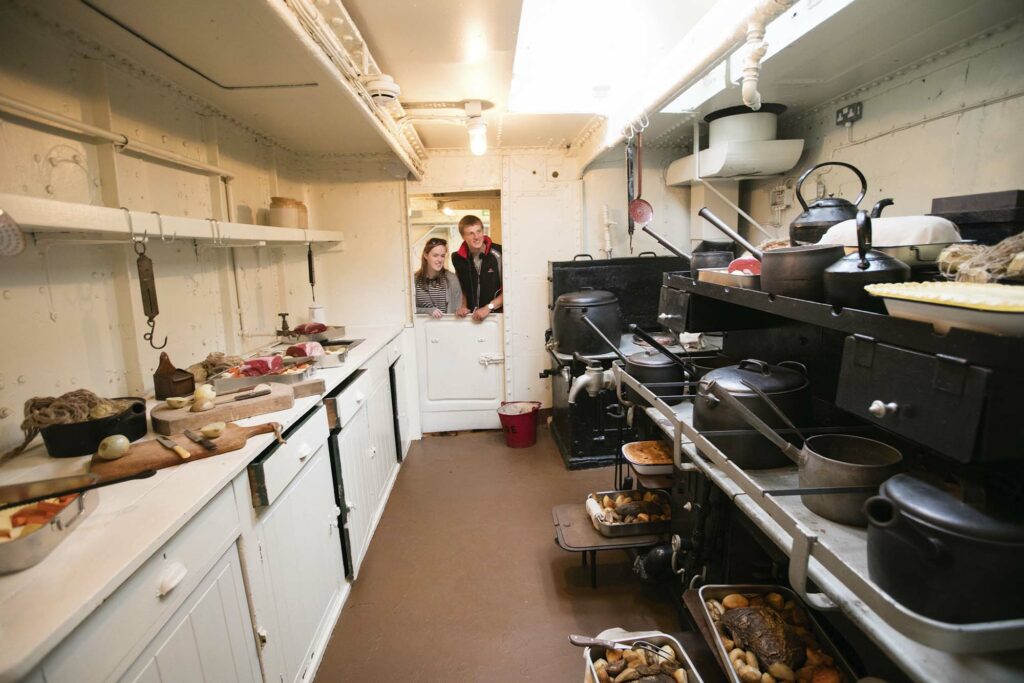
VISIT
Full steam ahead
When HMS Caroline was launched in 1914, she was thrust immediately into a world at war. Two years later, she saw active service in the battle of Jutland – the biggest maritime clash of the First World War – yet escaped with barely a scratch.
HMS Caroline is the last surviving veteran of Jutland, which makes the chance to set foot on board very exciting. Following a three-year closure, the ship-turned-museum is opening to the public once more, now featuring interactive exhibits that teach visitors how to launch torpedoes and crack codes.
HMS Caroline
The National Museum of the Royal Navy, Belfast / Reopens daily from 1 April / nmrn.org.uk
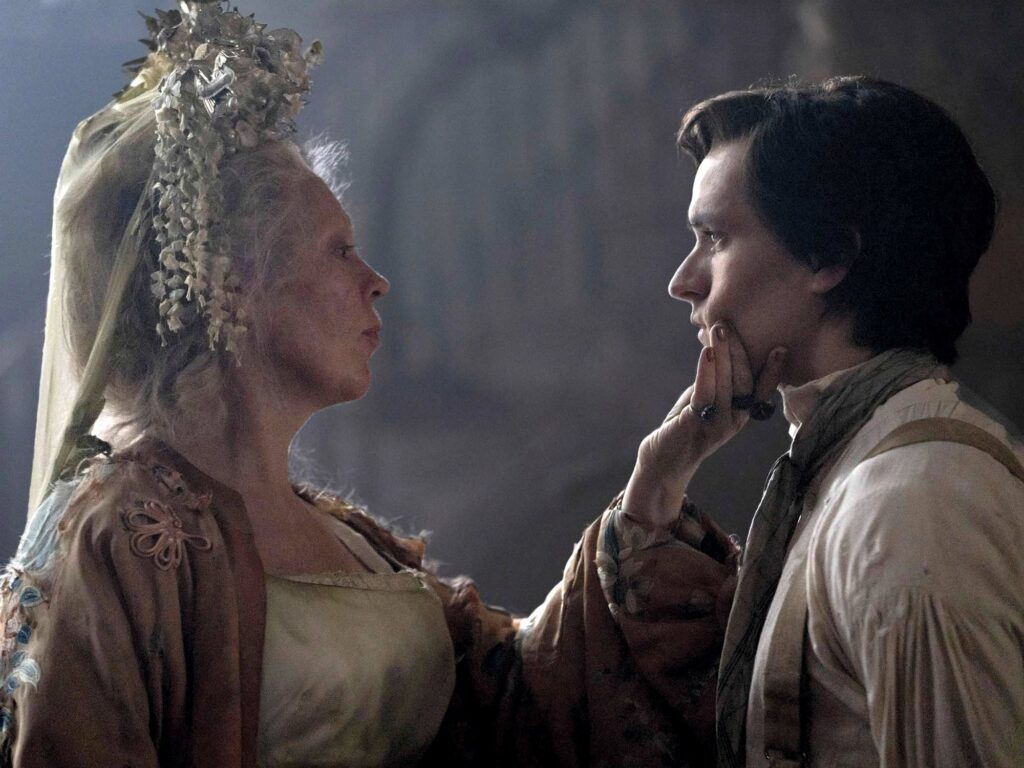
WATCH
Dreams of a better life
The story of Philip Pirrip – Pip, the narrator of Charles Dickens’ 13th novel, Great Expectations – was first adapted for the screen in 1917. Every subsequent decade has brought a new film or TV version, and it’s easy to see why. Not only does it have a fabulous plot and reveal the Victorian world in all its unforgiving glory, but it has as its emotional core one of Dickens’ most attractive heroes: orphaned Pip, an accidental social climber who makes all too many avoidable mistakes as he grows, yet who also learns from his errors.
Created and written by Steven Knight (Peaky Blinders, SAS Rogue Heroes), the latest iteration stars Fionn Whitehead as Pip, whose life is changed forever by encounters with convict Magwitch (Johnny Harris) and jilted, bitter Miss Havisham (Olivia Colman).
Shalom Brune-Franklin stars as Miss Havisham’s adopted daughter, Estella – the cold yet alluring figure who represents the sophistication to which Pip aspires – while the ensemble cast also includes such familiar faces as Ashley Thomas and Matt Berry. Expect an atmospheric take on what was already a deceptively eerie story.
Great Expectations
BBC One / March
ONLINE
Weekly TV & radio Visit historyextra.com for updates on upcoming TV and radio programmes